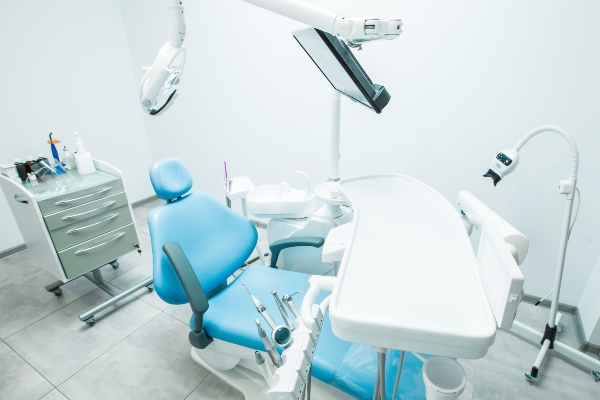How Serious is TMD?

TMD, also known as temporomandibular disorder, is a disorder that occurs as a result of problems stemming from the jaw, jaw joint and surrounding facial muscles responsible for chewing and moving the jaw. TMD is also closely associated with TMJ, the temporomandibular joint. This joint is the hinge joint connecting the mandible to the temporal bone of the skull and is extremely flexible to enable us to talk, yawn and chew.
When someone has TMD, it is most likely due to the muscles of the jaw, or even parts of the jaw itself. The exact reason for the disorder is not truly known at this time.
Why TMD occurs
Based on research, TMD generally occurs due to a few main reasons. Grinding or clenching of the teeth and thus putting on pressure for the joints can cause stress. Stress can cause someone to tighten their facial and jaw muscles. Someone who has TMJ may also develop osteoarthritis or rheumatoid arthritis. This may be due to the dislocation of the soft cushion or disc between the ball and socket joint.
Symptoms
TMD is a serious issue. Although the exact cause behind the disorder is unknown, there are a few definite signs that you may have TMD.
If you have difficulty chewing or suddenly feel pain and discomfort, this may be an early sign of TMD. Even if the pain is not consistent, it could be a sign of underlying issues. The first symptom of TMD is usually a pulsing pain that shoots through your face and jaw at a mild to severe level.
Problems with your teeth or failure to feel your teeth may be a sign that your jaw is damaged and can lead to teeth being offset. This can lead to awkward problems when closing your mouth.
Most of the signs associated with TMD are not specifically pronounced. Sometimes the symptoms are as simple as having tenderness around the jaw. This can be a precursor to a much worse symptom. It is especially important to pay attention to your body and be alert when trying to diagnose TMD.
Risk factors
There are certain risk factors that heighten your risk of getting TMD. If you previously had any sort of arthritis issues or injury to the jaw, head or neck, then you are more prone to injury and problems. If you grind or clench your teeth at night, you may also develop TMD down the line. Since TMD occurs when the jaw fails to interact smoothly with the joints around it, any problems near or around the jaw, head or neck can raise your risk of obtaining TMD.
Natural relief
Luckily, there are some natural reliefs for TMD. TMD is mostly associated with a misalignment issue within one of the bones of the upper cervical spine and can cause the pain associated with the disorder. Upper cervical chiropractors are professionally trained to correct tiny misalignments and can help release pain and realign the bones in the process.
In conclusion
TMD is a serious, uncomfortable and damaging issue. However, if one knows what to look out for, you can take the best preventative measures to avoid the disorder in the first place. A dental professional can provide advice and treatment for the problem. Contact someone near you immediately to improve your smile and life!
Request an appointment here: https://gkdentaloffice.com or call GK Dental PC at (617) 826-6075 for an appointment in our Everett office.
Check out what others are saying about our services on Yelp: Read our Yelp reviews.
Recent Posts
An emergency dentist provides urgent care for individuals experiencing sudden dental issues that require immediate attention. Understanding what qualifies as a dental emergency can help patients determine when to seek professional help. While some dental problems may seem urgent, others can be addressed with routine care. Whether due to a sudden injury, severe pain, or…
If you have severe dental pain, an infection, or an injury, seeing an emergency dentist can give you immediate relief. However, following the recommended care instructions after professional treatment is important to ensure proper healing and avoid potential complications. Following these post-treatment guidelines can lead to a smoother recovery and better overall oral health.Following a…
Choosing a family dentist as your next dental provider is one of the best decisions you can make for every family member. However, there are multiple factors to take into account when asking questions. Here are a few potential questions to consider when searching for a family dentist.Most feel comfortable starting with questions about their…
Teeth whitening treatments are an effective way to improve the color of your teeth significantly. These treatments consist of using chemicals with bleaching properties like hydrogen carbamide or hydrogen peroxide to remove stains from the inner and outer layers of teeth.The types of stains teeth whitening treatments are effective on include the yellow stains teeth…


